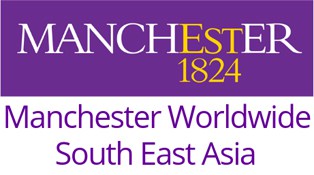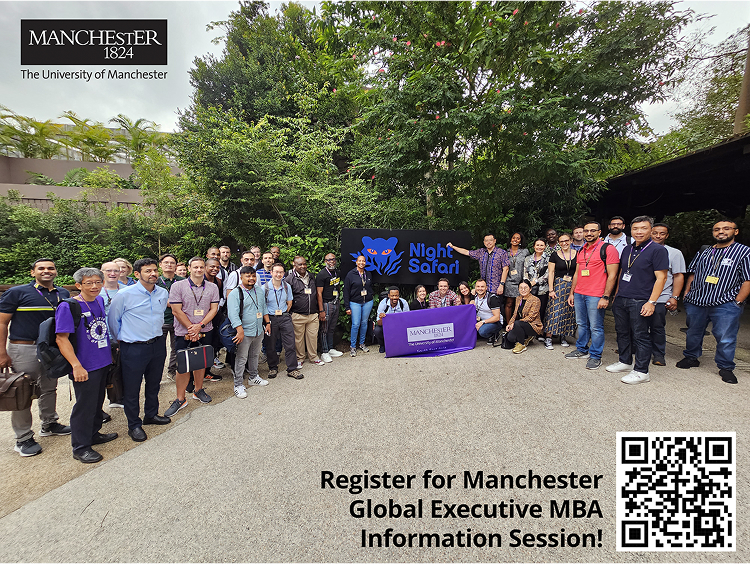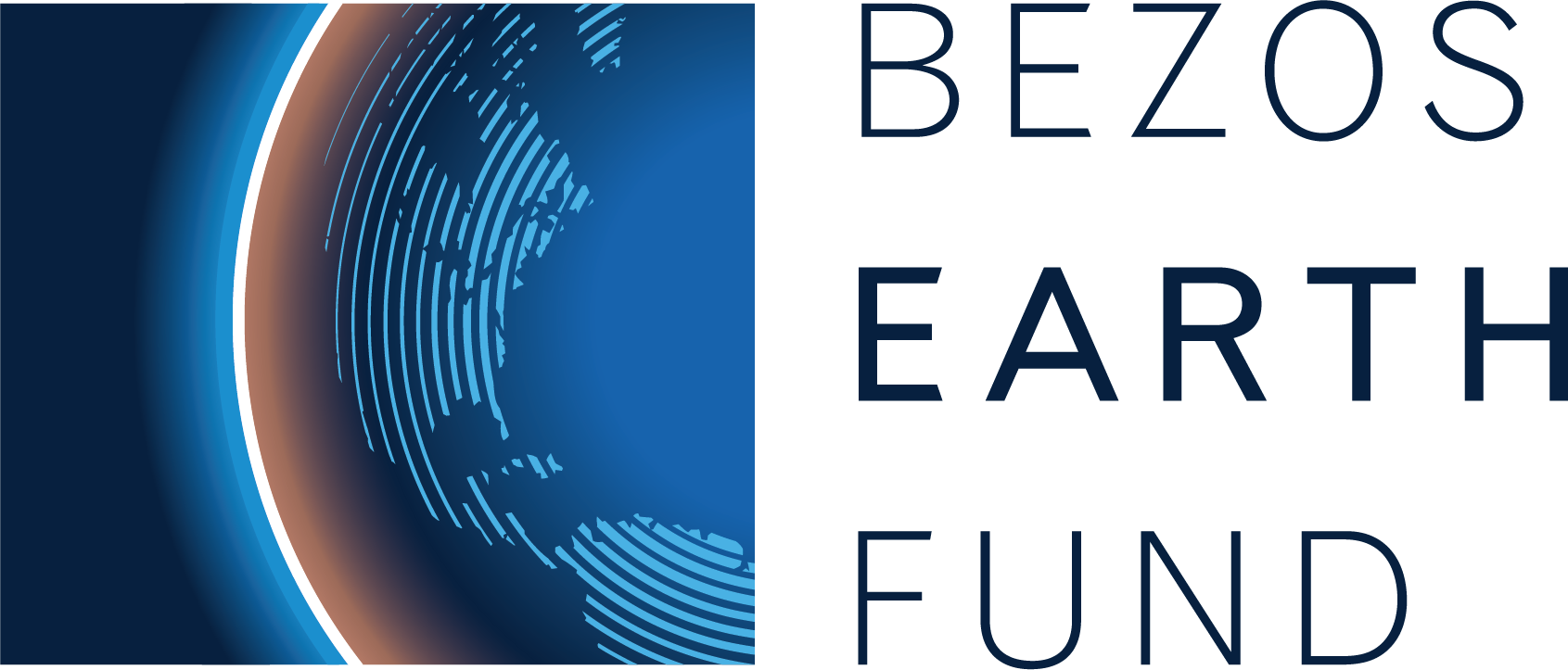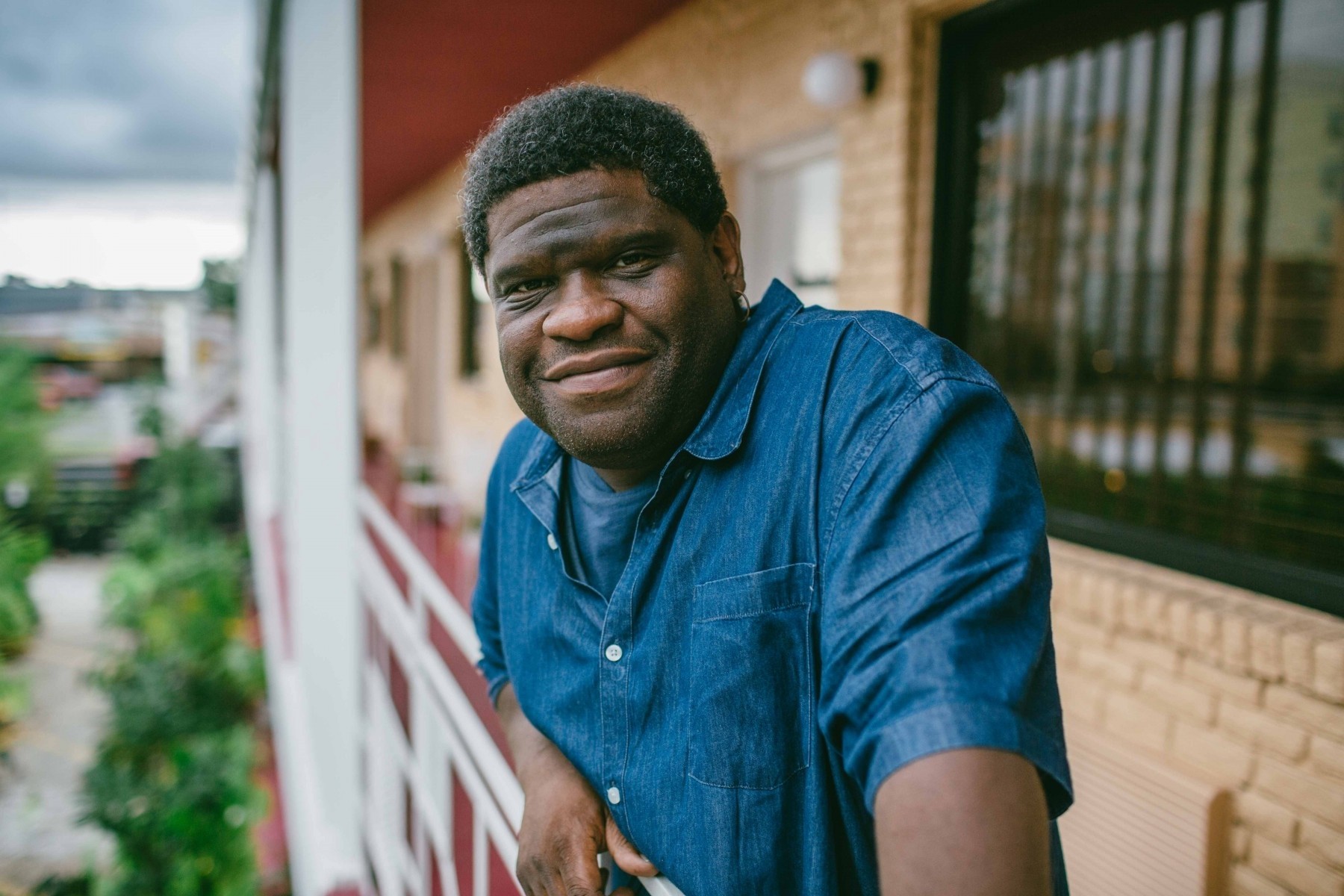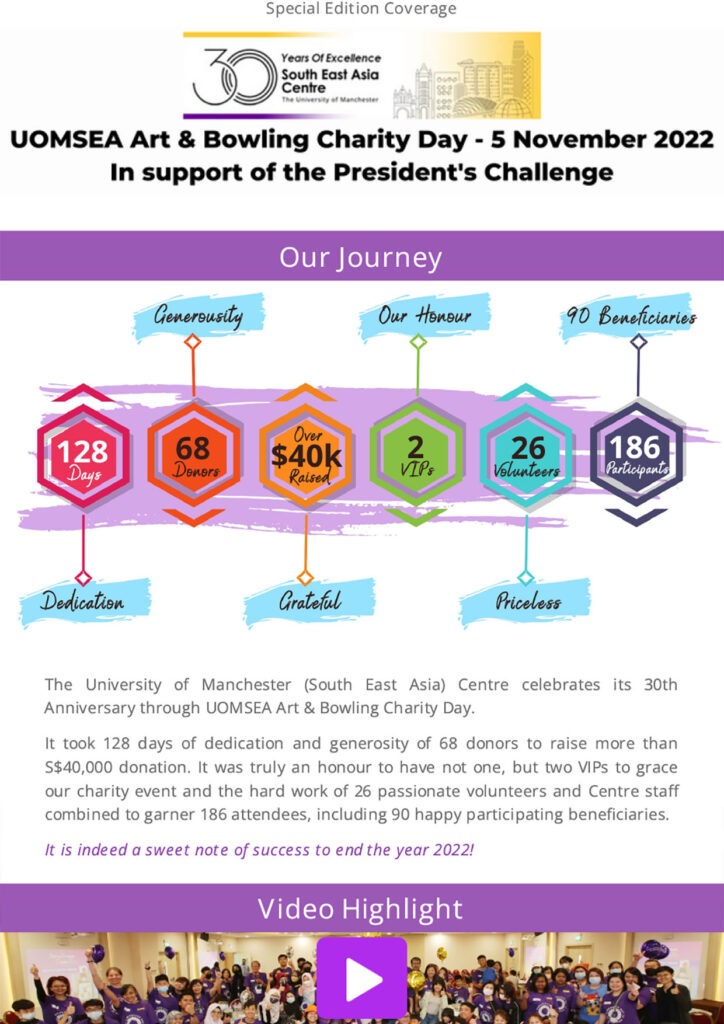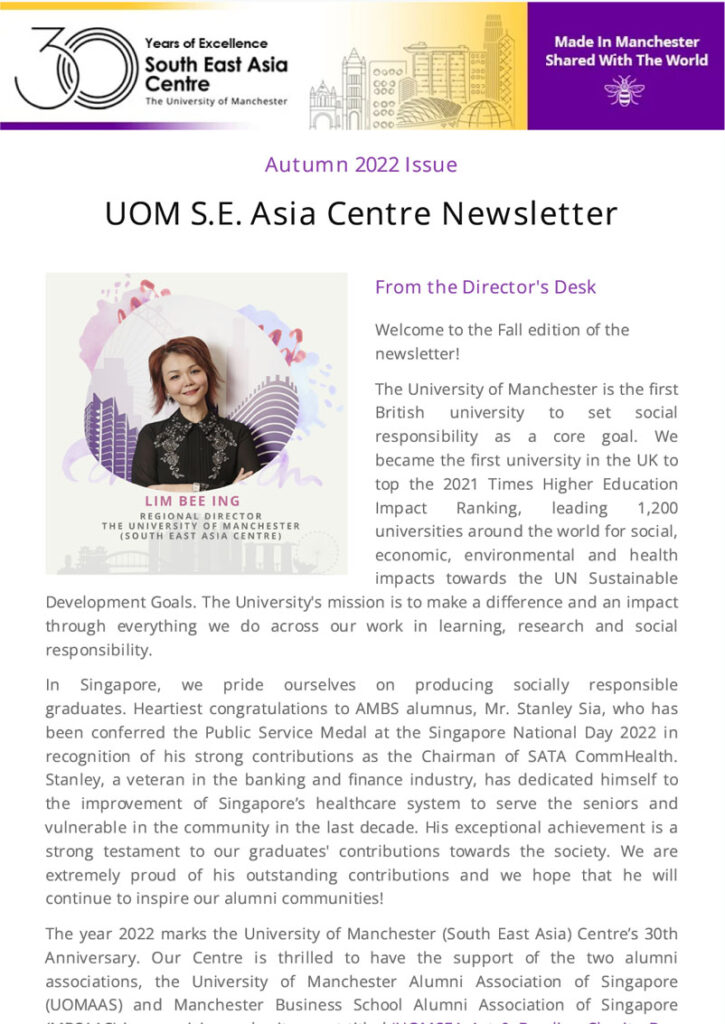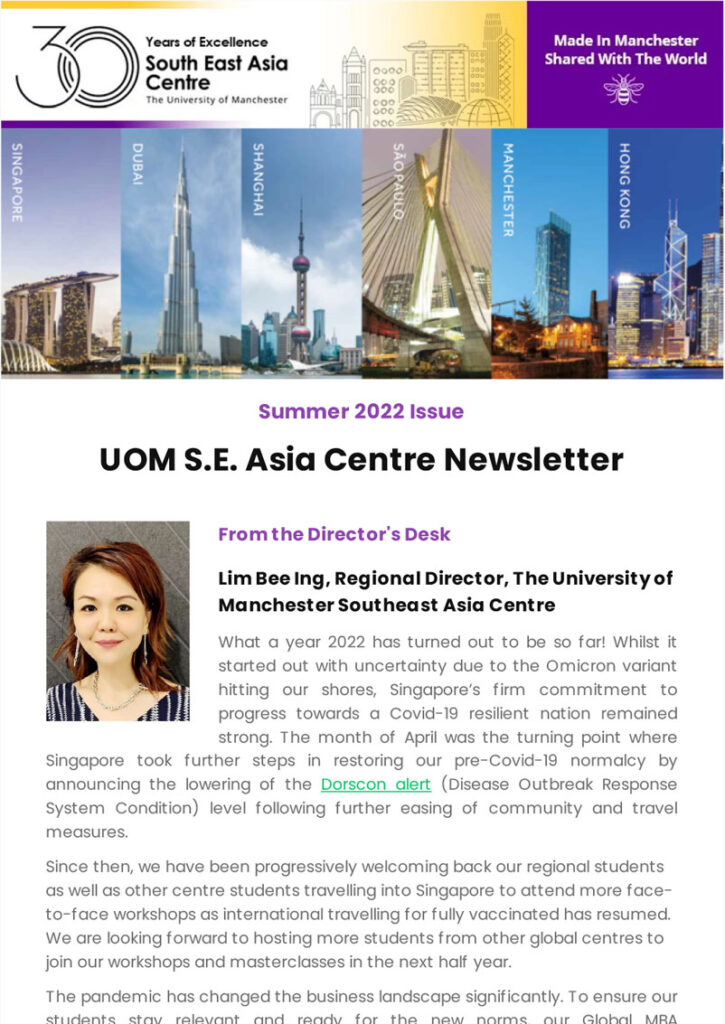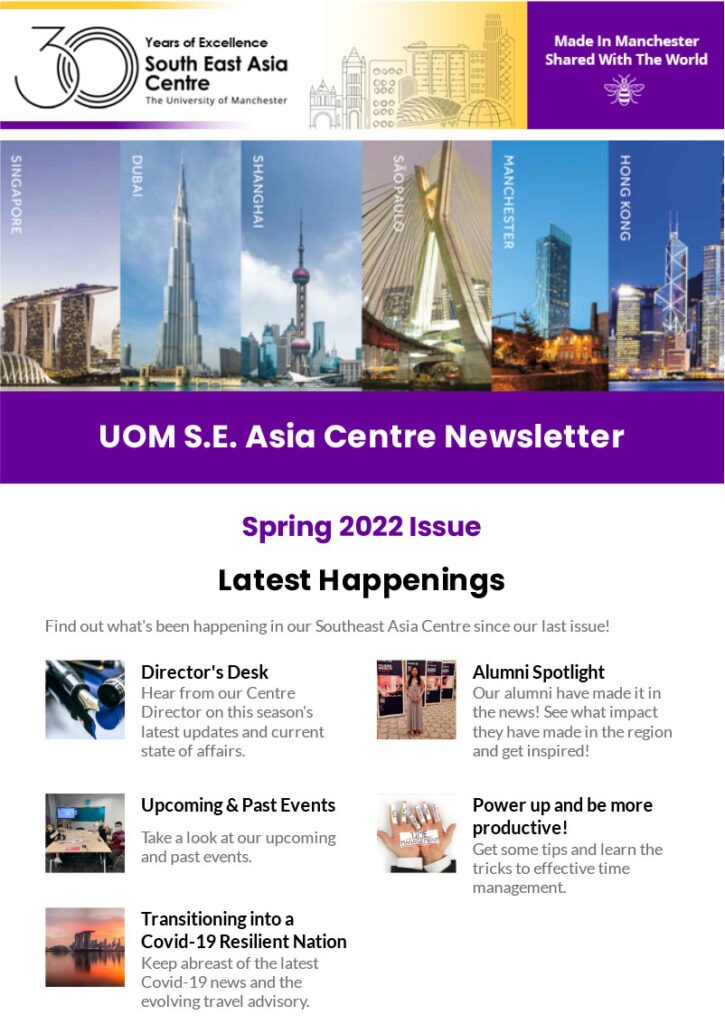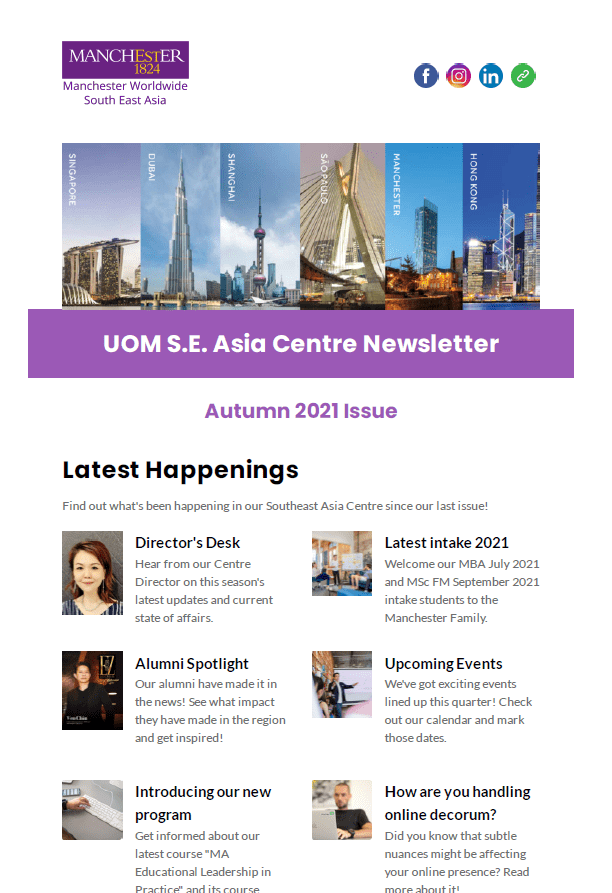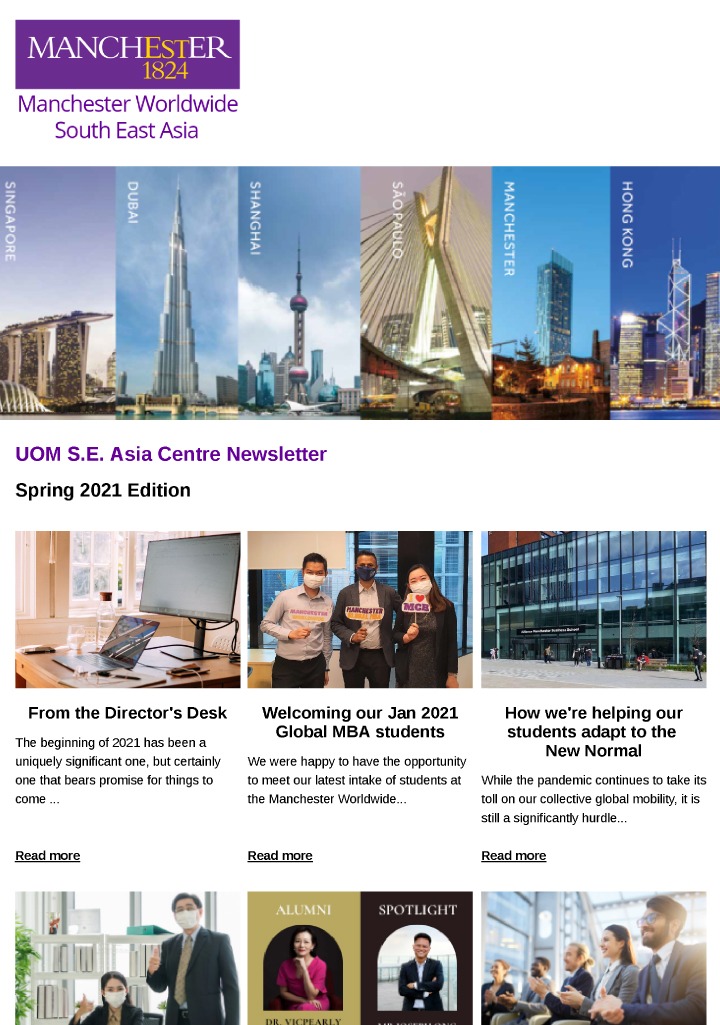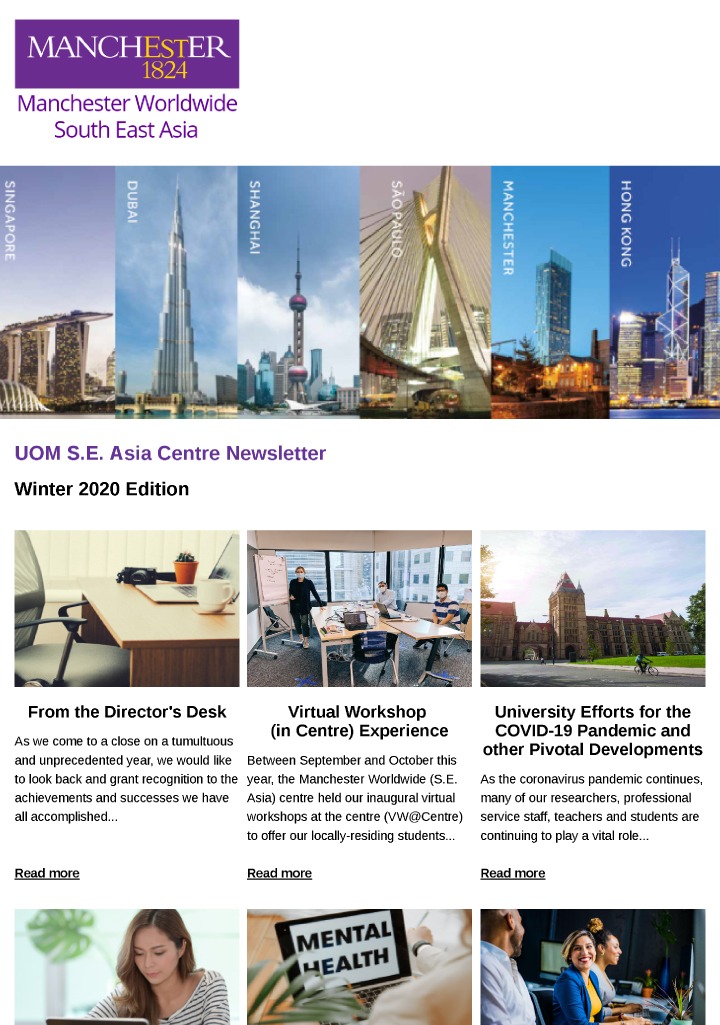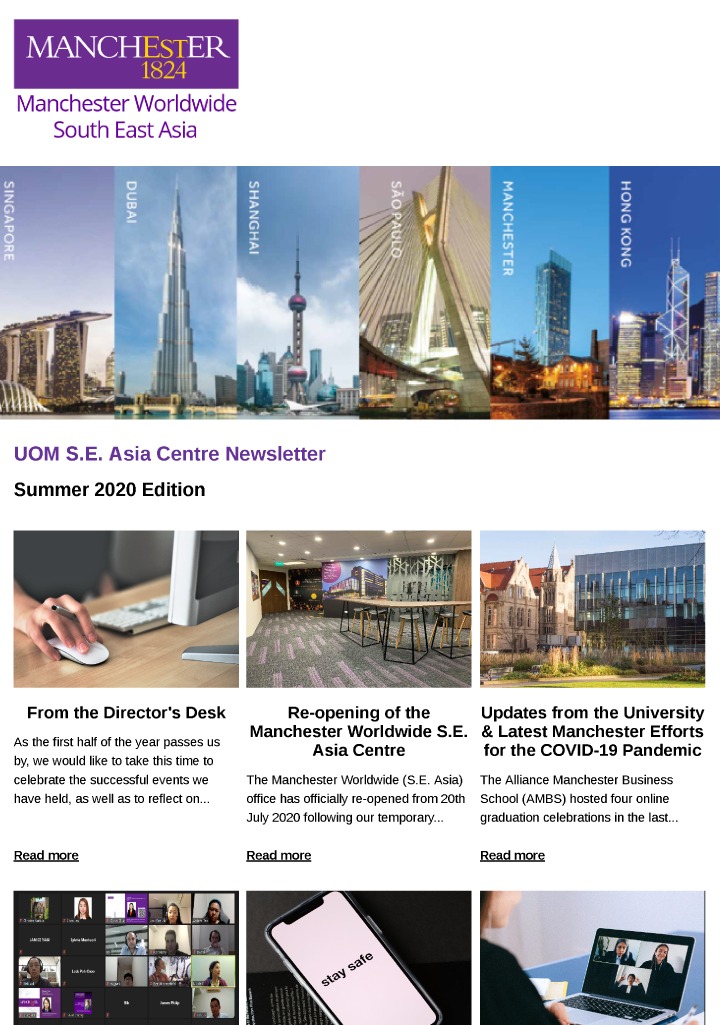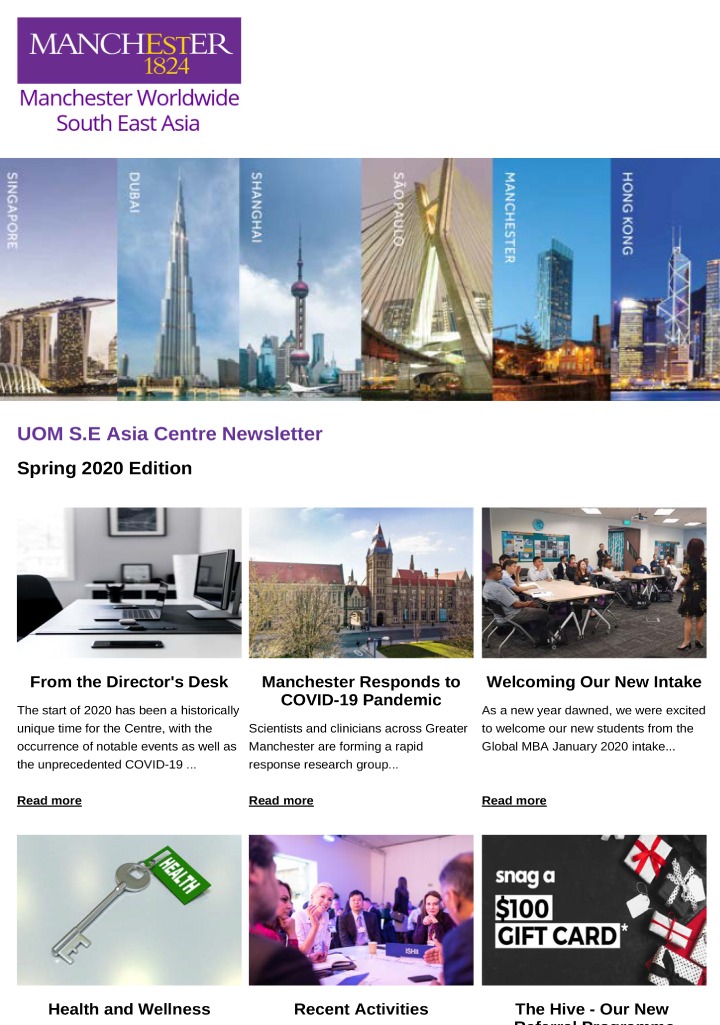Featured News
Explore the latest original thinking, commentary, thought leadership and insights from our academic experts, alumni and guests.
Main Menu
News
Pep Guardiola receives honorary degree
Manchester City manager Pep Guardiola has been awarded an honorary degree by The University of Manchester, recognising his extraordinary contribution to the city over nine ...
News
Celebrating Sixty Years Of Innovation, Influence, And Impact: Alliance Manchester Business School (AMBS) Looks Back On A Business Education Legacy Spanning Decades
Alliance Manchester Business School (AMBS), the business faculty of the esteemed The University of Manchester, marked its 60th anniversary with a special celebration event for ...
News
UoMSEA Hosts Masterclasses On Sustainable Finance With AFFIN Group
The University of Manchester South East Asia Centre (UoMSEA) reaffirmed its commitment to sustainable finance education by hosting two masterclasses in Kuala Lumpur, led by ...
University celebrates two prestigious astronomy awards
Cosmologist Dr Steve Cunnington has been awarded the Early Career Award for early achievement in astronomy. This award is presented to individuals in a UK ...
Accelerated path to global insight
The Manchester Global Executive MBA prepares executives to thrive in today’s international business landscape. IN today’s fast-paced global economy, senior leaders must navigate rapid technological ...
Accelerated growth for Sarawak leaders: How Manchester’s Global Executive MBA prepares senior executives for a global stage
IN today’s fast-paced global economy, senior leaders must navigate rapid technological shifts, evolving markets, and diverse cultural landscapes.
Manchester researchers win Bezos Earth Fund prize for climate innovation
A research team led by The University of Manchester’s Dr Jonathan Ritson has been awarded a prestigious Bezos Earth Fund Greenhouse Gas Removal Ideation Prize ...
Manchester’s Professor Gary Younge wins prestigious journalism award
The University of Manchester’s Professor Gary Younge has been named as the recipient of a prestigious Robert B. Silvers Award in recognition of his exceptional ...
University members recognised in 2025 New Year Honours
A University of Manchester professor has been recognised in the King’s 2025 New Year Honours List. Professor Yaojun Li, a distinguished researcher and educator at ...
2024’s news highlights from the Faculty of Humanities
17 December 2024 Written by: Joe Stafford The Faculty of Humanities at The University of Manchester has experienced another fantastic year in 2024, and has had ...
University of Manchester to collaborate on electron beam research with the Extreme Light Infrastructure
The University of Manchester, as a part of The Cockcroft Institute, has agreed a Memorandum of Understanding (MoU) with the Extreme Light Infrastructure (ELI ERIC), ...
The 2024 review of the year
As 2024 draws to a close, it’s time to reflect on the incredible accomplishments we’ve achieved over the past year at The University of Manchester. ...
